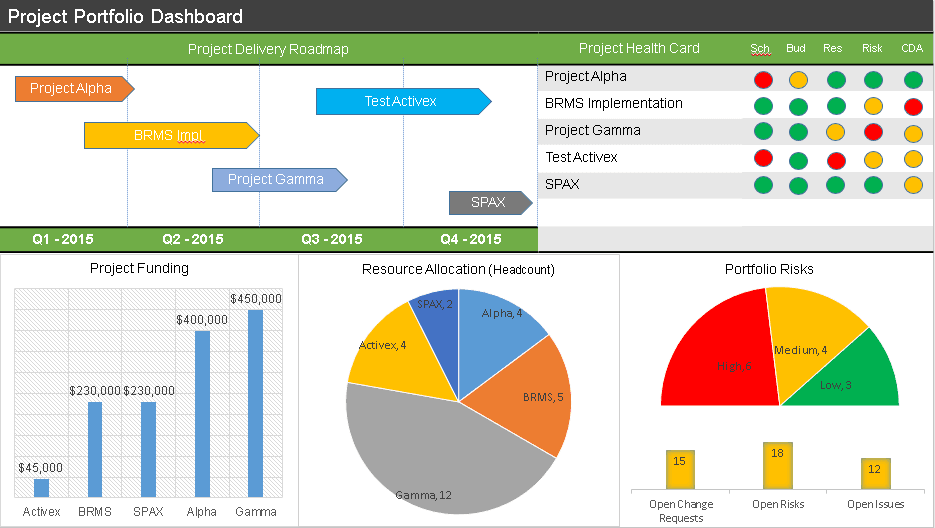

PM Effectiveness – The Experience Trap
“Experienced project managers can deal more effectively with complex software projects”. Really?
This “conventional truth” is contradicted by INSEAD professors Sengupta and Van Wassenhove‘s research on experience-based learning.
They tested the skills of hundreds of professional project managers using a computer-assisted game, built from professor Abdel-Hamid‘s renown simulation models for software development. The game was configured to represent a complex environment and most participants confirmed it replicated real-world project situations.
Some of the research results and conclusions are reported in the article “The Experience Trap“, published in the February 2008 edition of HBR magazine:
- experienced managers don't outperform less experienced ones;
- replaying the game didn't improve their performance;
- most managers believe project size underestimation and consequent quality, timing and cost problems are recurring flaws in complex projects.
According to the authors, many experienced managers are trapped by their rigid mental models to repeat intuitive and successful behaviours they learned in earlier and simpler projects. The same behaviours can be ineffective or even counter-productive in more dynamic and complex environments.
Research on project management effectiveness is relevant to both individuals, organisations and institutions. Leaders in the professional community, like SAP’s Paul Ritchie, have been highlighting and reflecting on the article main points.
I agree with the colleagues that don’t accept high failure rates nor unsurpassable barriers to continuous learning and professional evolution.
Changes are, of course, necessary at both institutional and individual level. We will address these changes examining the aspects of our professional practice that are most relevant for acquiring proficiency from our experience as project managers:
- How we think. Does our thinking style enables or constrains our perception and learning capabilities?
- How we learn. Do we consciously and actively pursue learning and building knowledge from experience?
- How we lead. What are our focus and purpose for leadership?
Let’s explore these topics on the next posts on Project Management Effectiveness.
The original version of this article was published in 2008 at Better Projects.